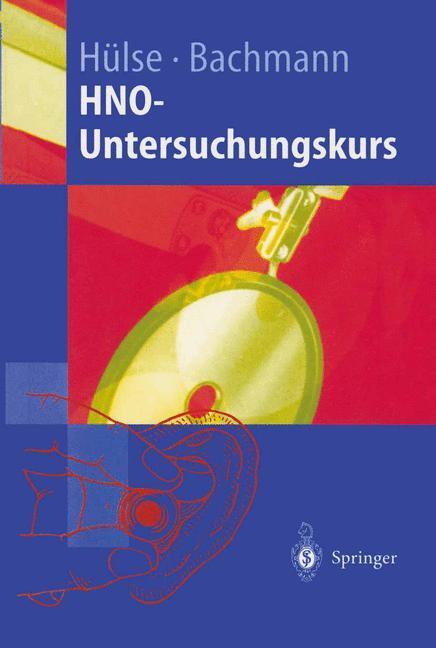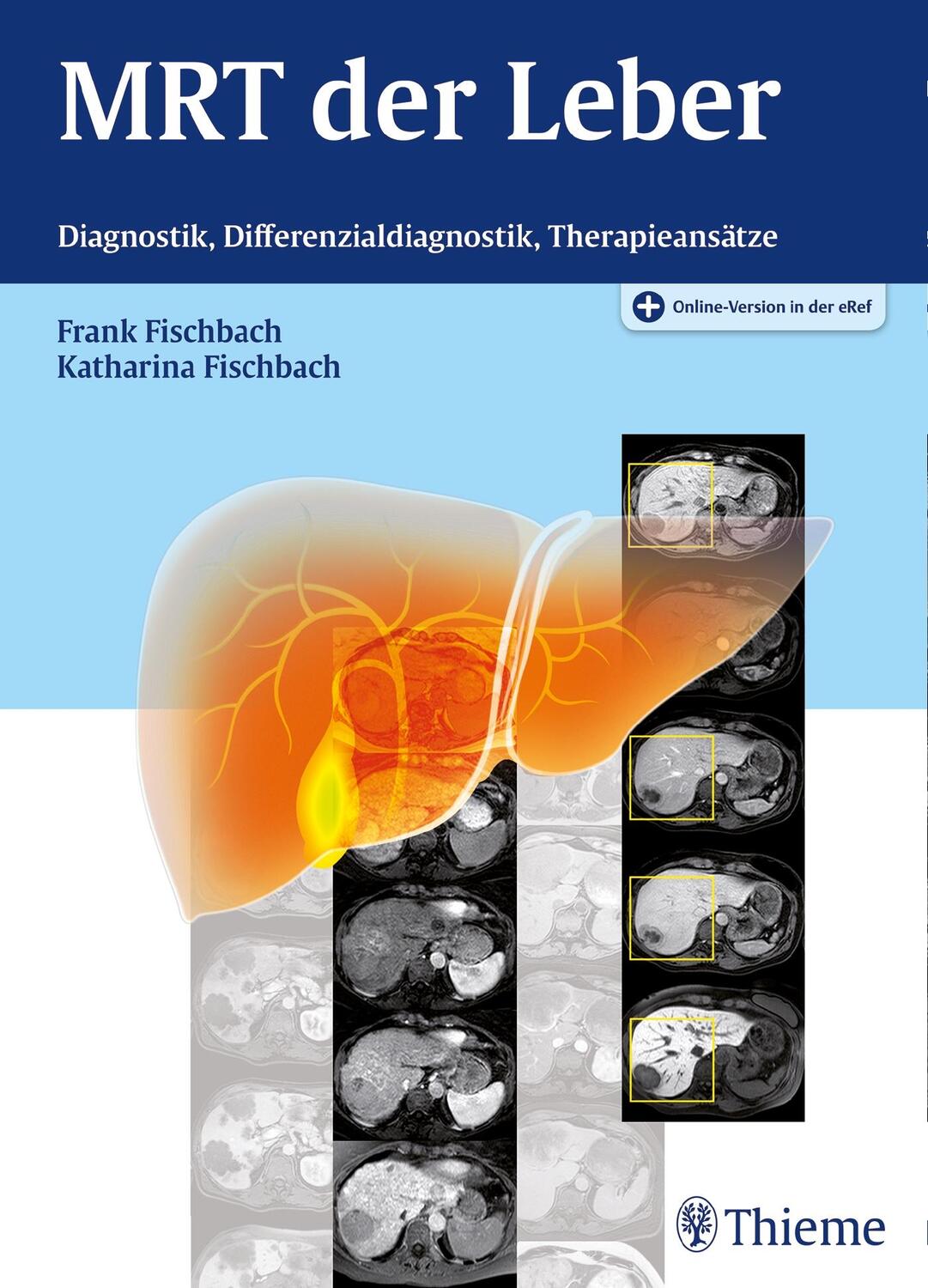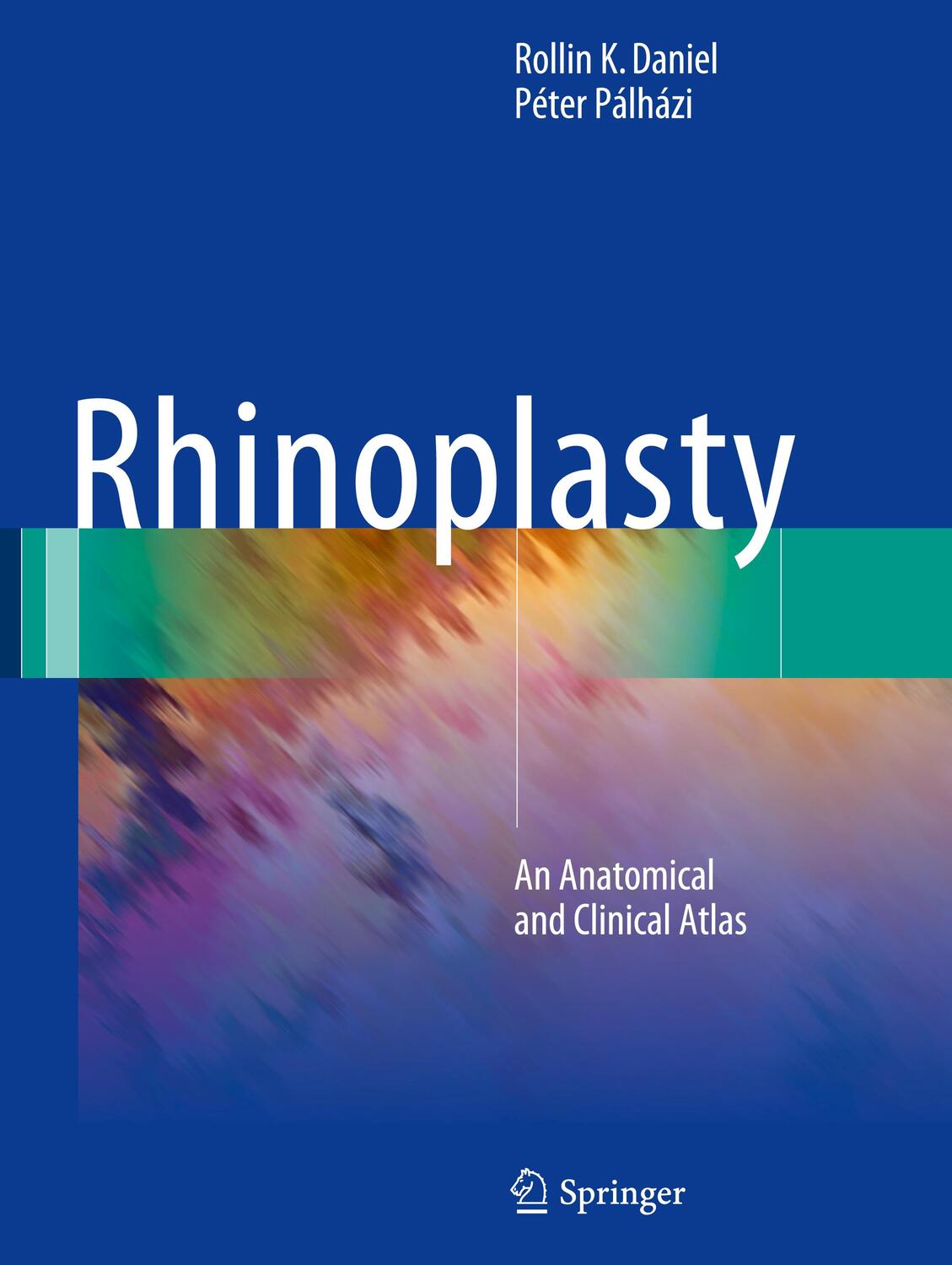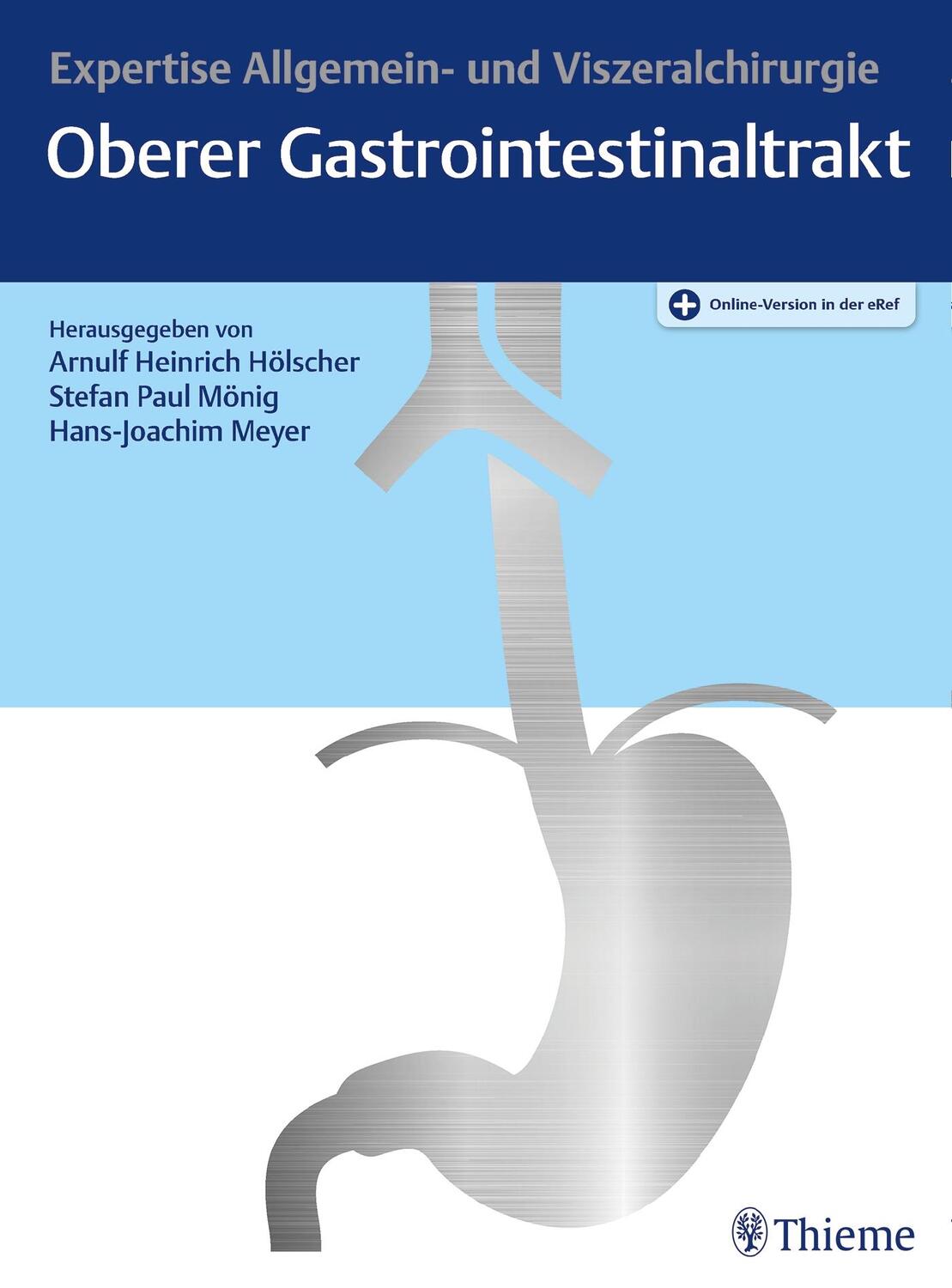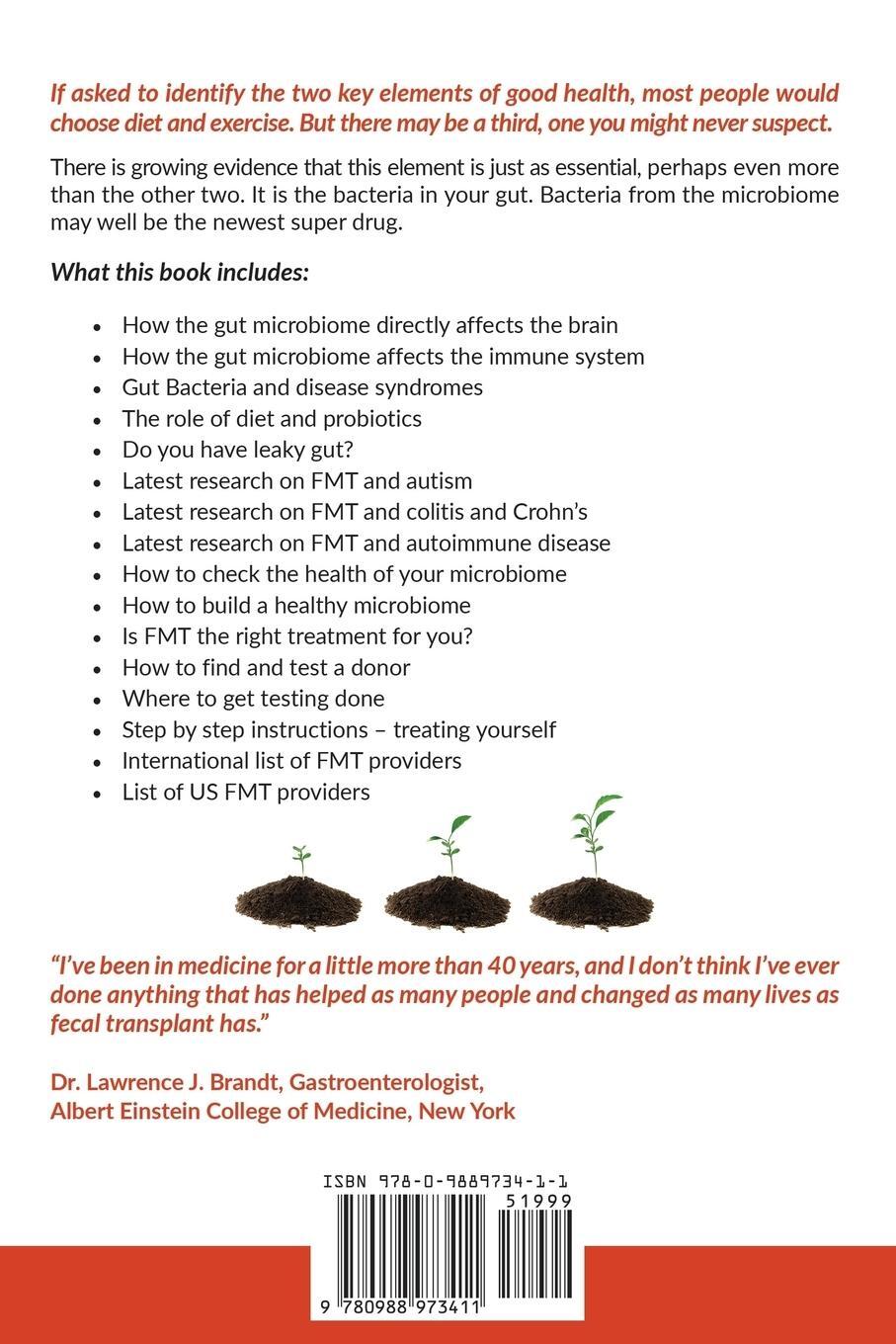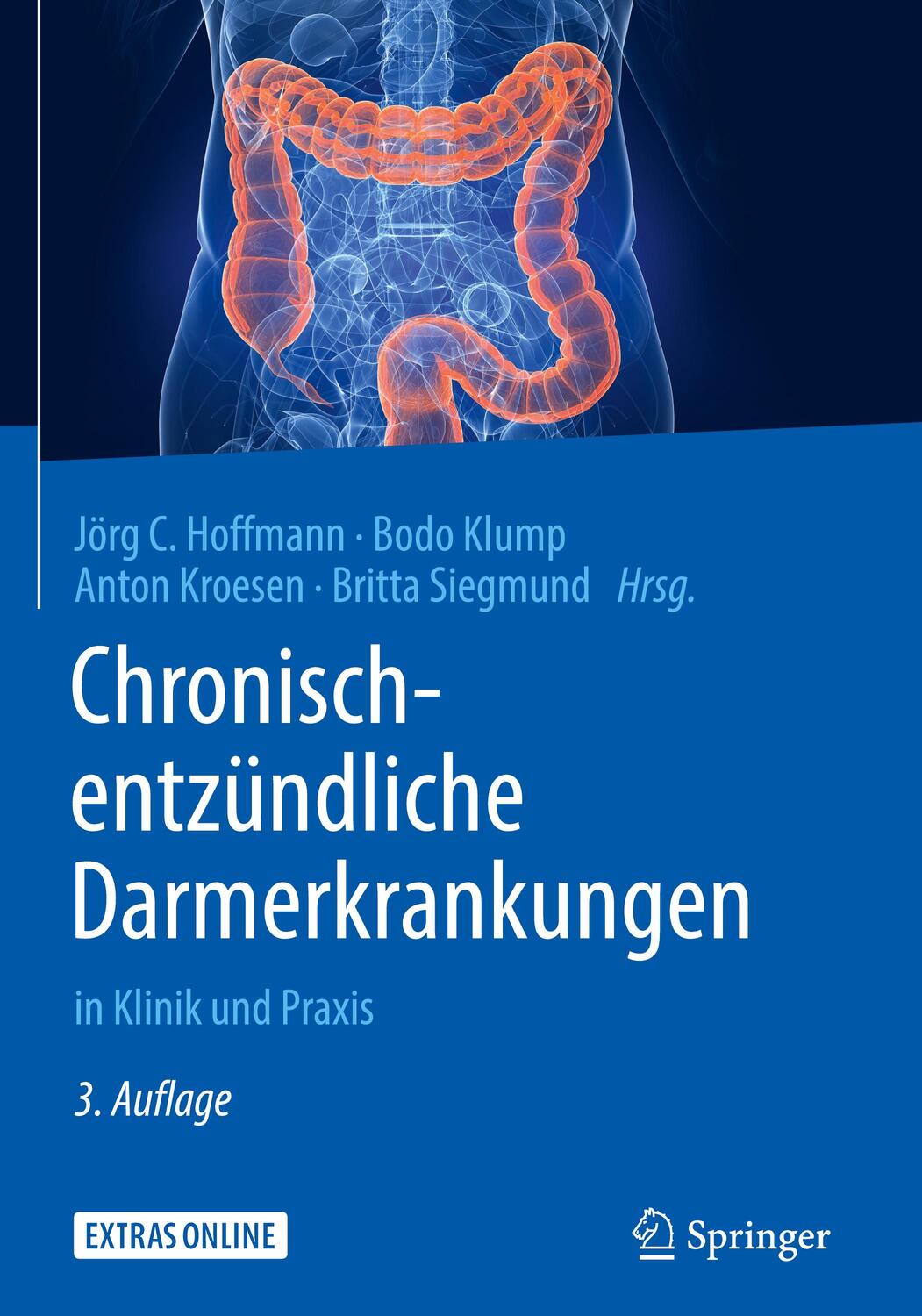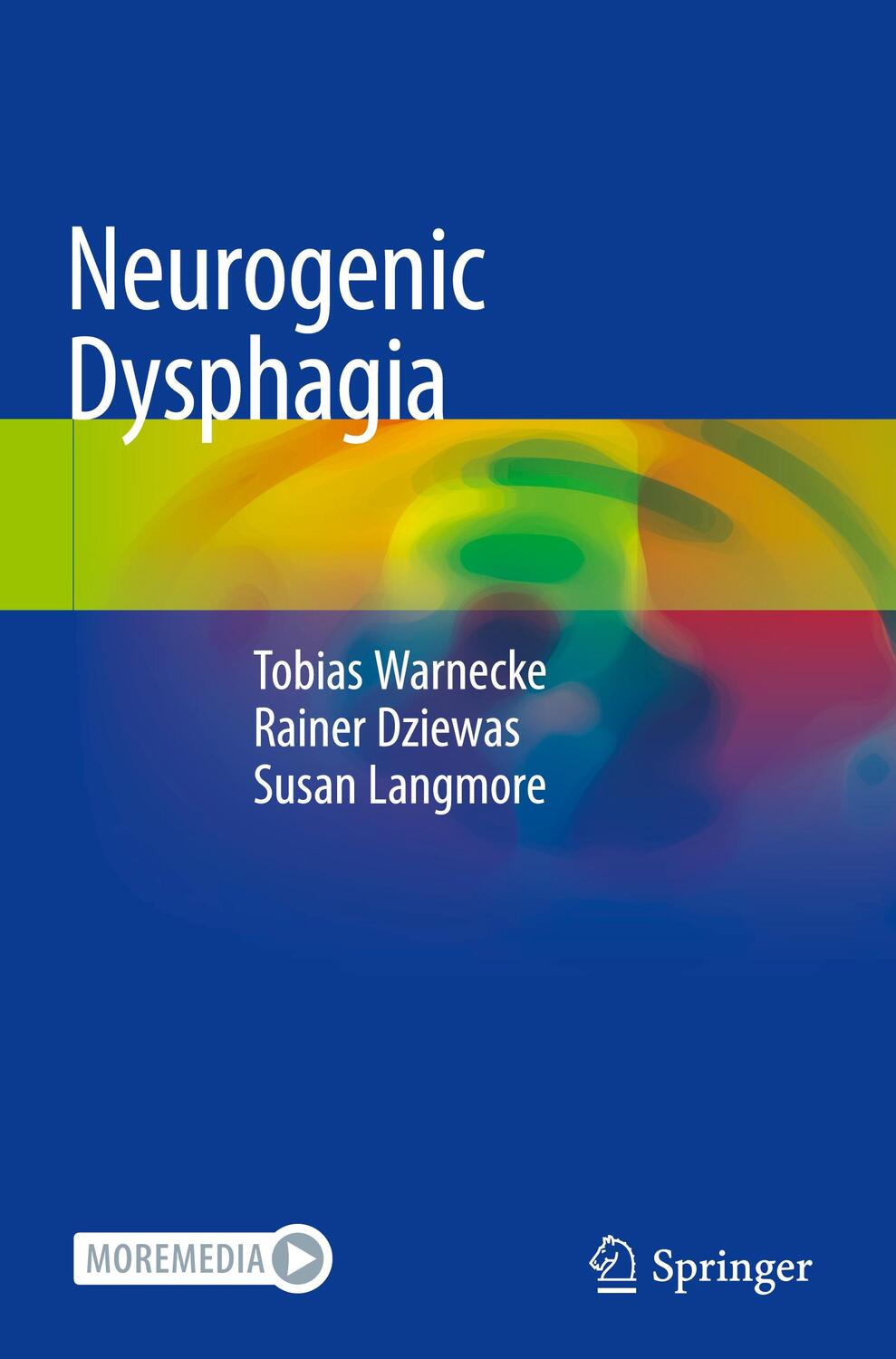241,95 €*
Versandkostenfrei per Post / DHL
Lieferzeit 2-3 Wochen
Principles of Deglutition brings together the state-of-knowledge from 12 disciplines involved in dysphagia through contributions of over one hundred thought leaders and master clinicians for the benefit of patients and providers alike. It concisely organizes the wealth of knowledge that exists in each of the contributing disciplines into one comprehensive information platform.
Principles of Deglutition provides a one-stop destination for members of all specialties to obtain state-of-the-art and critically reviewed information regarding deglutition physiology, pathophysiology, diagnosis and management. It delivers a comprehensive and in depth review of deglutition related cerebral cortical, brainstem, peripheral nerves, and neuromuscular mechanisms, advanced diagnostic modalities and standard of care and cutting edge medical, rehabilitative and surgical treatments. It is an essential reference for all deglutologists.
Principles of Deglutition brings together the state-of-knowledge from 12 disciplines involved in dysphagia through contributions of over one hundred thought leaders and master clinicians for the benefit of patients and providers alike. It concisely organizes the wealth of knowledge that exists in each of the contributing disciplines into one comprehensive information platform.
Principles of Deglutition provides a one-stop destination for members of all specialties to obtain state-of-the-art and critically reviewed information regarding deglutition physiology, pathophysiology, diagnosis and management. It delivers a comprehensive and in depth review of deglutition related cerebral cortical, brainstem, peripheral nerves, and neuromuscular mechanisms, advanced diagnostic modalities and standard of care and cutting edge medical, rehabilitative and surgical treatments. It is an essential reference for all deglutologists.
Dr. Shaker is one the founders of the Dysphagia Research Society and the Medical College of Wisconin's Dysphagia Institute. Dr. Shaker is internationally recognized for his studies of deglutition and deglutition disorders, gastroesophageal reflux disease and cerebral cortical control of gastrointestinal sensory motor function. His research has led to some of the seminal discoveries in the area of airway protection and has opened new avenues of investigation and treatment for patients with swallowing disorders. He developed the rehabilitative exercises for treatment of upper esophageal sphincter dysphagia: The `Shaker Exercises` commonly used in clinical practice.
Dr. Shaker is internationally recognized for his studies of deglutition and deglutition disorders, gastroesophageal reflux disease and cerebral cortical control of gastrointestinal sensory motor function
Comprehensive, from physiology to management, with surgical and non-surgical treatments detailed
Multidisciplinary, 12 specialty areas-hundreds of thought leaders
| Erscheinungsjahr: | 2012 |
|---|---|
| Fachbereich: | Andere Fachgebiete |
| Genre: | Medizin |
| Rubrik: | Wissenschaften |
| Medium: | Buch |
| Seiten: | 1040 |
| Inhalt: |
xix
1017 S. 97 s/w Tab. |
| ISBN-13: | 9781461437932 |
| ISBN-10: | 1461437938 |
| Sprache: | Englisch |
| Herstellernummer: | 12740635 |
| Ausstattung / Beilage: | HC runder Rücken kaschiert |
| Einband: | Gebunden |
| Redaktion: |
Shaker, Reza
Easterling, Caryn Postma, Gregory N. Belafsky, Peter C. |
| Herausgeber: | Reza Shaker/Peter C Belafsky/Gregory N Postma et al |
| Auflage: | 2013 |
| Hersteller: |
Springer New York
Springer US, New York, N.Y. |
| Maße: | 260 x 183 x 61 mm |
| Von/Mit: | Reza Shaker (u. a.) |
| Erscheinungsdatum: | 20.09.2012 |
| Gewicht: | 2,109 kg |
Dr. Shaker is one the founders of the Dysphagia Research Society and the Medical College of Wisconin's Dysphagia Institute. Dr. Shaker is internationally recognized for his studies of deglutition and deglutition disorders, gastroesophageal reflux disease and cerebral cortical control of gastrointestinal sensory motor function. His research has led to some of the seminal discoveries in the area of airway protection and has opened new avenues of investigation and treatment for patients with swallowing disorders. He developed the rehabilitative exercises for treatment of upper esophageal sphincter dysphagia: The `Shaker Exercises` commonly used in clinical practice.
Dr. Shaker is internationally recognized for his studies of deglutition and deglutition disorders, gastroesophageal reflux disease and cerebral cortical control of gastrointestinal sensory motor function
Comprehensive, from physiology to management, with surgical and non-surgical treatments detailed
Multidisciplinary, 12 specialty areas-hundreds of thought leaders
| Erscheinungsjahr: | 2012 |
|---|---|
| Fachbereich: | Andere Fachgebiete |
| Genre: | Medizin |
| Rubrik: | Wissenschaften |
| Medium: | Buch |
| Seiten: | 1040 |
| Inhalt: |
xix
1017 S. 97 s/w Tab. |
| ISBN-13: | 9781461437932 |
| ISBN-10: | 1461437938 |
| Sprache: | Englisch |
| Herstellernummer: | 12740635 |
| Ausstattung / Beilage: | HC runder Rücken kaschiert |
| Einband: | Gebunden |
| Redaktion: |
Shaker, Reza
Easterling, Caryn Postma, Gregory N. Belafsky, Peter C. |
| Herausgeber: | Reza Shaker/Peter C Belafsky/Gregory N Postma et al |
| Auflage: | 2013 |
| Hersteller: |
Springer New York
Springer US, New York, N.Y. |
| Maße: | 260 x 183 x 61 mm |
| Von/Mit: | Reza Shaker (u. a.) |
| Erscheinungsdatum: | 20.09.2012 |
| Gewicht: | 2,109 kg |



